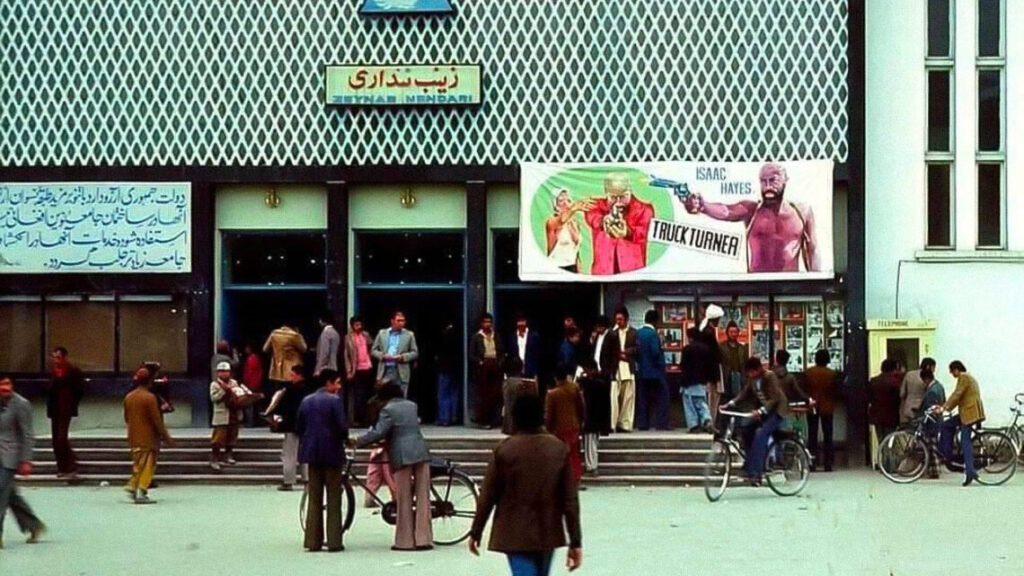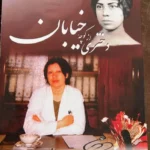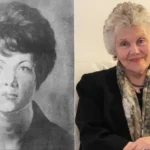
✍️ By: Hamia Naderi
At a time when women’s presence on stage and screen was taboo in Afghanistan — and men played female roles — Zainab Nandari was established by Zainab Enayat Seraj, head of the Women’s Institute, so women could perform their own roles.
Originally called the Women’s Institute Theater Hall, it soon became a cultural hub for women’s empowerment and awareness, where female students performed plays addressing family and women’s rights issues.
Zainab Enayat Seraj, a descendant of Habibullah Khan and Mahmud Tarzi, returned to Kabul after years of exile in Iran and led the Women’s Institute, founding the theater as part of her mission. She passed away in Berlin in 1958. After her death, the hall was renamed “Zainab Cinema” in her honor.
For decades it hosted theater performances and films, but was destroyed during the civil war and its films burned under the first Taliban regime. After 2001, the Ministry of Women’s Affairs rebuilt it and used it as a venue for political and cultural gatherings.
With the Taliban’s return to power, the Ministry of Women’s Affairs was dissolved and the building was handed over to the Ministry for the Promotion of Virtue and Prevention of Vice. Zainab Cinema remains a symbol of the days when Afghan women stood on stage and were seen.




